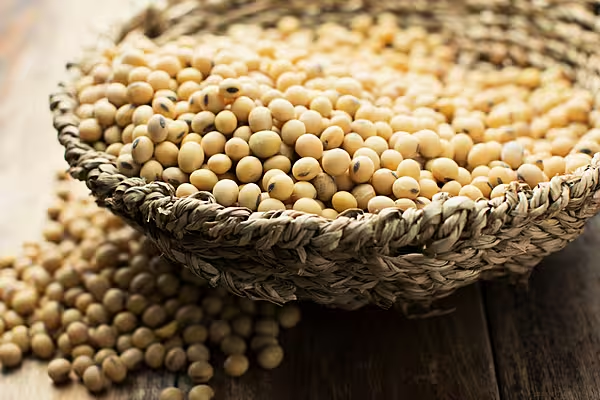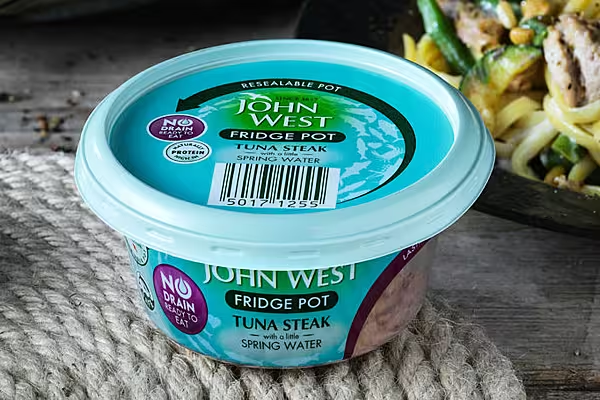Robusta coffee traders, having watched prices hit 15-year highs in May, are growing jittery that supplies of the bitter bean used to make instant coffee will remain tight through to next year.
Brazil, the world's third largest exporter, has already begun harvesting its 2023/24 crop, and traders had been pinning their hopes on the country to plug a deficit caused by weak supply from Asia.
Brazilian coffee exporters group Cecafe remains upbeat about export prospects, saying they should increase markedly in the second half of the year.
Tight Supplies
However, traders and experts say robusta supplies are so tight in Asia that even 3 million bags of exports from Brazil - the upper end of their forecasts - might not be enough to plug the gap.
"If there were 5 million bags (of Brazil robusta exports) I could (see) a price fall but realistically, we are going to see unprecedented tightness that will carry on into next year," said a coffee analyst at a global trade house.
The tightness comes as top exporter Vietnam has all but run out of stock to ship this season, while no. 2 exporter Indonesia's upcoming crop is expected to disappoint.
Brazil exports about half as much robusta as Indonesia and about a tenth as much as Vietnam.
Coffee Output
Indonesia, like Brazil, has begun harvesting its 2023/24 crop, but output is expected to fall 20% year-on-year, according to the United States Department of Agriculture's (USDA) Foreign Agricultural Service (FAS).
Although FAS forecasts a 5% uptick in Vietnam's output in the 2023/24 season, which runs from October to September, it sees exports hitting three-year lows at just 27.5 million bags.
Another factor boosting robusta is a surge in demand for a bean that is cheaper than arabica and can be substituted in blends - something roasters have been doing at scale as arabica prices have been elevated for some two years running.
"When you switch a blend, the switch back is not that simple. It happens over a period of time. I think consumption of robusta is a lot bigger than most are assuming," said a Europe-based trader.
News by Reuters, edited by ESM – your source for the latest supply chain news. Click subscribe to sign up to ESM: European Supermarket Magazine.














